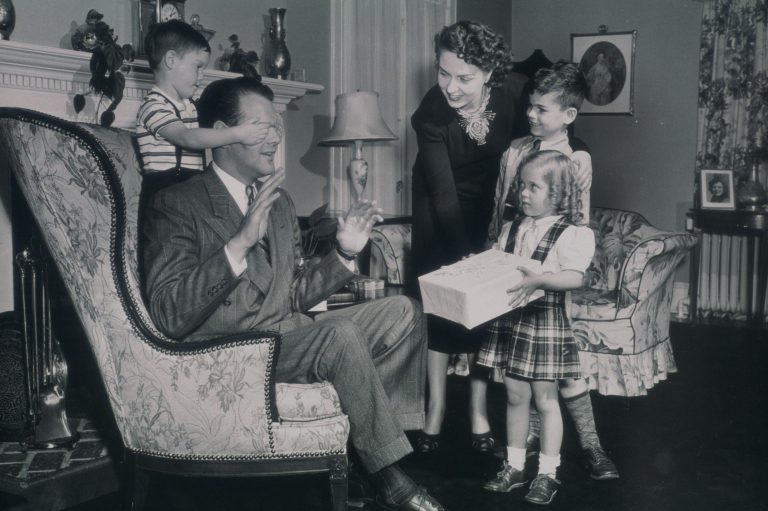The holiday season is a time of joy, generosity, and giving. It’s a time when we show our love and appreciation for our friends and family through thoughtful gifts. Among the gift ideas that have gained popularity over the years is the idea of giving pets as Christmas presents.
While the image of a fluffy puppy or a cute kitten under the Christmas tree is undeniably heartwarming, the decision to give a living creature as a gift is not one to be taken lightly. This article delves into the complex considerations surrounding the question: Are pets good Christmas gift ideas?

Table of Contents
ToggleThe Joy of Pets as Gifts
There’s no denying the profound joy that pets can bring to our lives. They offer companionship, unconditional love, and a source of comfort. As such, it’s easy to understand why many people view pets as the perfect gift, especially during a season that emphasizes togetherness and connection.
The Complex Reality of Pet Ownership
However, the decision to give a live animal as a gift goes beyond the initial surge of happiness. It’s crucial to acknowledge the multifaceted aspects of responsible pet ownership:
The Recipient’s Consent: The most essential factor to consider is whether the recipient actually desires a pet. Owning a pet is a long-term commitment that should be entered into willingly. While the surprise factor might be appealing, it’s far more responsible to discuss the idea with the recipient beforehand.

Lifestyle and Compatibility: Different pets have different needs and temperaments. Does the recipient’s lifestyle align with the demands of a pet? For instance, a high-energy dog might not be suitable for someone with a sedentary lifestyle.
Financial Responsibility: Pets come with ongoing expenses, including food, veterinary care, grooming, and supplies. Consider whether the recipient has the financial means to care for the pet throughout its life.
Time Commitment: Pets require time and attention. A pet left alone for extended periods can suffer from loneliness and behavioral issues. Make sure the recipient has the time to invest in proper care and training.
Long-Term Commitment: Many pets have long lifespans, ranging from several years to decades. The recipient must be prepared for this enduring commitment, including potential changes in circumstances.
Questions to Ask When Considering Pet Gifting
Does the Recipient Want a Pet?: Open communication is crucial. Inquire about their feelings toward pet ownership before making any decisions.
Is the Recipient Prepared for Responsibility?: Discuss the daily requirements of pet care, and assess if the recipient is ready for the associated responsibilities.

What Type of Pet Fits Best?: Consider the recipient’s living situation, preferences, and any allergies when choosing a suitable pet.
Can the Recipient Afford It?: Evaluate whether the recipient can manage the financial obligations of pet ownership without strain.
Is the Living Environment Suitable?: Determine if the recipient’s home and surroundings are conducive to the chosen pet’s needs.
Is It the Right Time?: Consider the timing of the gift. Christmas might be a bustling time, but it might not provide the best environment for a smooth pet transition.
Alternatives to Gifting Live Pets
If there are reservations about gifting a live animal, there are several alternatives that can still capture the spirit of pet companionship:
Adoption Certificates: Offer an adoption certificate from a local animal shelter, allowing the recipient to choose their own pet.
Pet Supplies: Gift pet-related items like toys, beds, and grooming tools, preparing the recipient for a future pet adoption.

Pet Experience Vouchers: Provide vouchers for a day at a local animal sanctuary or petting zoo, fostering a love for animals without the long-term commitment.
Conclusion – Are Pets Good Christmas Gift Ideas?
In conclusion, the question of whether pets are good Christmas gift ideas hinges on responsible and thoughtful decision-making. While the intention behind gifting a pet is often filled with love, the welfare of the animal and the recipient’s ability to provide proper care should be the primary concerns.
Engaging in open conversations, considering lifestyle factors, and evaluating long-term commitments are essential steps to ensure that pets are gifted in a manner that respects both the recipient’s desires and the well-being of the animal.












+ There are no comments
Add yours